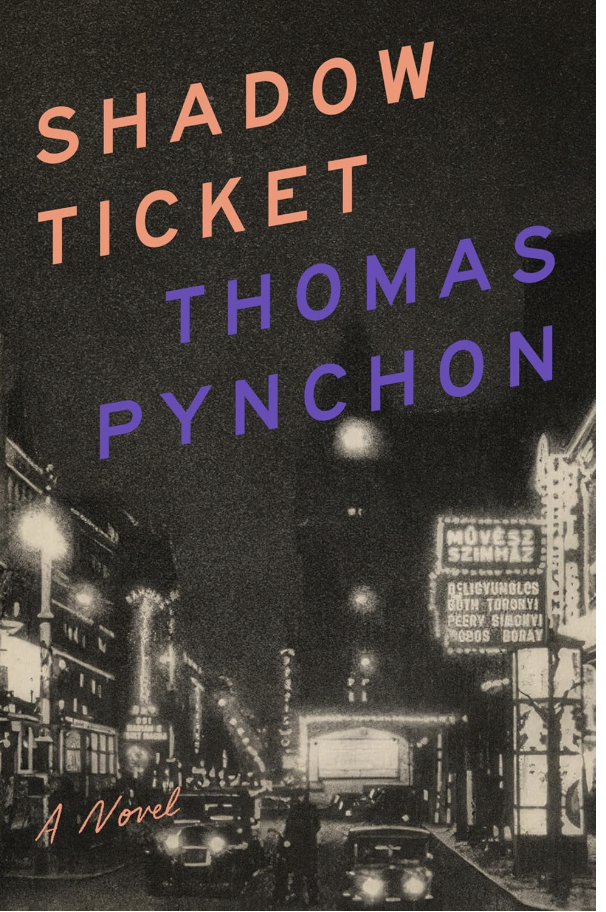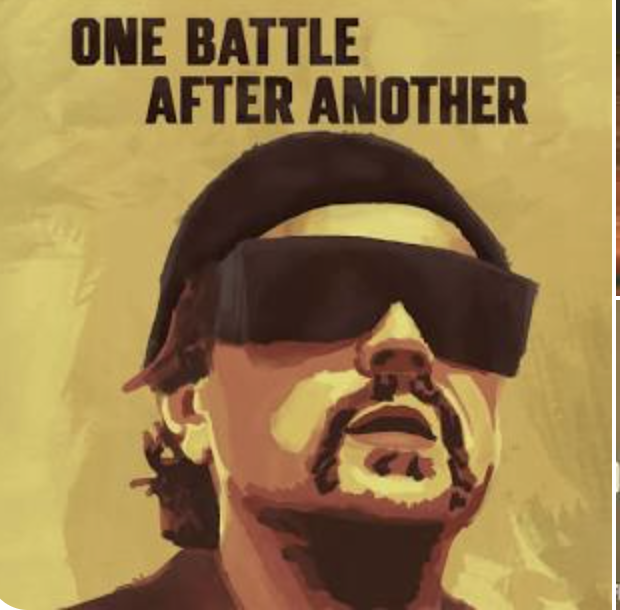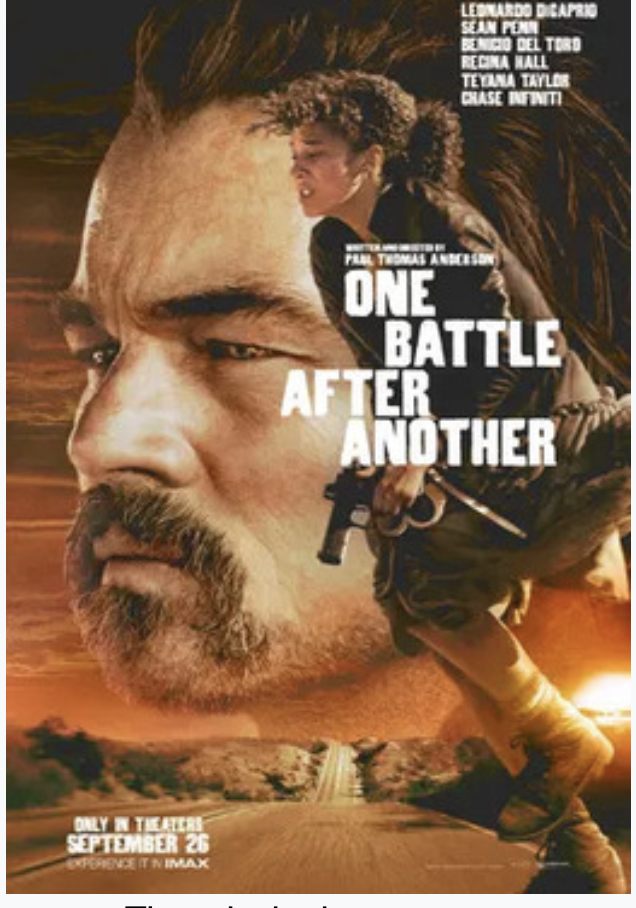This weekend I spent Sunday hunkered down and watching the snow. Next Sunday I’ll be back at LaMaMa Experimental Theater Club at 66 East 4th St, watching the Compagnia de’ Colombari’s extraordinary production of King Lear. After the matinee ends, around 4 pm, I’ll chair a talkback that connects the play to the flooded waterways of New York City. Please come join us!

My special invited guests for the talkback, who also joined me last Friday for opening night, are each experts in slightly different areas.
Dr. Genevieve Guenther is the Founding Director of End Climate Silence and the author of the excellent book, The Language of Climate Politics (2024). She’s also a one-time professor of Renaissance literature, though we somehow managed not to meet each other until last Friday before the play.
Nathan Kensinger is an artist and film-maker who specializes in the waterways and coastlines of greater New York City. He is currently working on a film about the city’s ongoing responses to the threat of another Sandy-sized storm and flood event.
We will also be joined by director Karin Coonrod and three members of the cast, Abigail Okunwali, Paul Price, and Tony Torn.
Please join us Sunday immediatly following the play!








